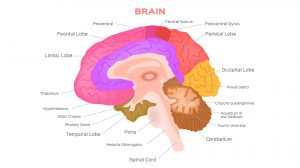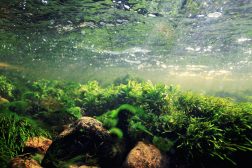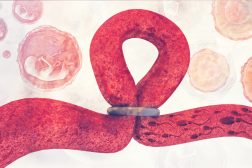Dam
1. A female parent; used of beasts, especially of quadrupeds; sometimes applied in contempt to a human mother. Our sire and dam, now confined to horses, are a relic of this age (13th century) . . . .Dame is used of a hen; we now make a great difference between dame and dam. (t. L. K. Oliphant) The dam runs lowing up end down, Looking the way her harmless young one went. (Shak)
2. A kind or crowned piece in the game of draughts.
Origin: oe. Dame mistress, lady; also, mother, dam. See dame.
1. A barrier to prevent the flow of a liquid; especially, a bank of earth, or wall of any kind, as of masonry or wood, built across a water course, to confine and keep back flowing water.
2. (Science: chemistry) a firebrick wall, or a stone, which forms the front of the hearth of a blast furnace. Dam plate, an iron plate in front of the dam, to strengthen it.
Origin: akin to OLG, D, & dan. Dam, g. & Sw. Damm, Icel. Dammr, and as. Fordemman to stop up, goth. Faordammjan.
Dictionary > Dam
You will also like...

Human Neurology
Human Neurology deals essentially with the nervous system of humans. It also features the various theories put forward b..

Growth and Plant Hormones
Plants, like animals, produce hormones to regulate plant activities, including growth. They need these hormones to respo..

Lotic Communities & Algae
Lotic communities have conditions that are rather harsh for typical plants. Thus, the diversity of plant species in loti..

Birth Control and Contraception
Different pregnancy and birth control and contraception strategies are described. Read this tutorial to learn each of th..

Population Growth and Survivorship
This lesson looks at population attributes, regulation, and growth. It also covers population genetics, particularly gen..

Photosynthesis – Photolysis and Carbon Fixation
Photosynthesis is the process that plants undertake to create organic materials from carbon dioxide and water, with the ..

